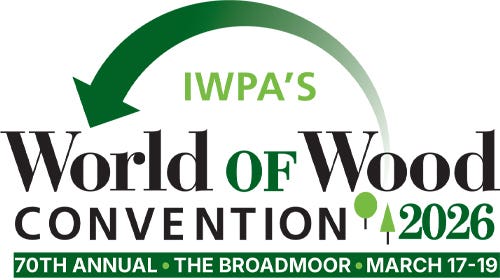Most metro areas expected to spend less on remodeling
Expenditures for home improvements to the owner-occupied housing stock are anticipated to decline in most of the nation’s largest metropolitan areas this year in response to the severe economic impacts of the COVID-19 pandemic.
Expenditures for home improvements to the owner-occupied housing stock are anticipated to decline in most of the nation’s largest metropolitan areas this year in response to the severe economic impacts of the COVID-19 pandemic, according to the Remodeling Futures Program at the Joint Center for Housing Studies of Harvard University.
Even before the pandemic hit, nearly all of the 47 tracked metros were expected to see slowdowns in improvement spending through 2020. COVID-adjusted projections show annual homeowner remodeling spending will likely contract in the majority of metros (24), while only 15 could still see gains (1-3 percent), relative to 2019 activity.
“With the pandemic exacerbating localized slowdowns in house prices, existing home sales, and homebuilding, many metros will see even more pronounced erosion of home renovation activity this year,” Abbe Will, associate project director at the center, said in a statement. “The largest remodeling spending declines are not isolated to any one region but are projected to occur in markets throughout the country including Orlando, Kansas City, Omaha, San Jose, and Portland.”
“Although the pandemic is lowering prospects for remodeling everywhere, relatively more affordable metros in the Midwest and Sunbelt should be among the brighter spots for home improvements this year with annual gains of about 2-3 percent in Cleveland and Cincinnati, as well as Charlotte, Atlanta, Tampa, and Phoenix,” addeds Sophia Wedeen, the center’s research assistant.







